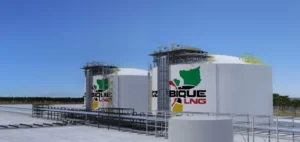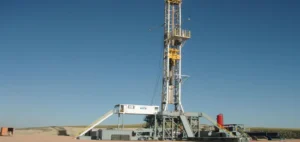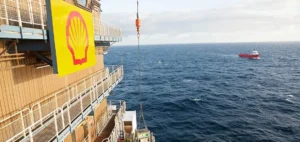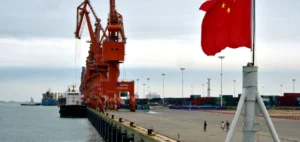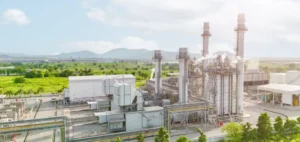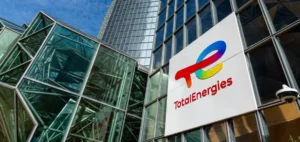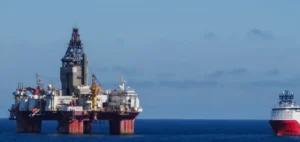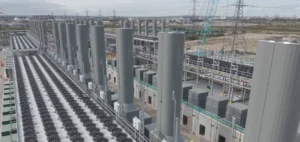Brazil, faced with historically low levels of its hydroelectric reservoirs due to prolonged heat waves, is turning massively to liquefied natural gas (LNG).
The country, which relies heavily on hydroelectricity for its power supply, must find alternative solutions to meet its energy needs.
In September 2024, Brazil imported around 280,000 tonnes of LNG, a figure that reflects a significant increase on previous months. This increased use of LNG comes at a time when the country must compensate for a significant drop in hydroelectric power generation.
Brazil’s growing energy needs, combined with a still-limited renewable energy infrastructure, are exacerbating this demand.
LNG imports are helping to fill the temporary gap, particularly in the winter months when consumption rises.
This situation is changing the dynamics of the global LNG market, and increasing pressure on prices.
International competition for LNG cargoes
This rise in imports puts Brazil in direct competition with European and Asian buyers to secure cargoes on the global LNG market.
While gas storage levels in Europe are relatively high after last winter, Brazilian demand is helping to create an imbalance.
Indeed, to attract deliveries, Brazil is forced to offer higher prices than the European market.
According to S&P Global Commodity Insights data, the price of LNG delivered in Brazil (DES Brazil) for 15-45 day deliveries reached $11.761/MMBtu at the end of September 2024, exceeding European prices by several cents per MMBtu.
The demand for LNG in Brazil is not only linked to seasonality.
In 2024, the country has already received 31 LNG cargoes, compared with just 13 in the same period of 2023.
This illustrates the growing importance of gas in Brazilian energy production, which has risen to unprecedented levels.
This increase in import volumes places Brazil among the world’s leading buyers of LNG, at a time when Europe and Asia are also preparing for strong winter demand.
Impact on the Brazilian domestic market
The growing use of LNG is a direct result of unfavorable weather conditions, but it also reveals structural shortcomings in the Brazilian energy sector.
Although Brazil has considerable hydroelectric capacity, the vagaries of the weather and the variability of production mean that additional solutions are needed to ensure the stability of the power grid.
Gas-fired power plants, which account for a growing share of the country’s output, require a steady supply of natural gas.
LNG’s flexibility makes it an indispensable, albeit costly, resource.
At the same time, Brazil’s natural gas infrastructure, although under development, is still struggling to meet growing demand.
Pipeline supplies from Bolivia are insufficient to meet demand, prompting the country to increase LNG imports.
Brazil must therefore continue to modernize its storage and distribution capacities to improve its long-term energy security.
Outlook for the months ahead
As winter approaches, weather forecasts remain uncertain.
However, Brazilian importers are anticipating stable and even growing demand for LNG.
Several cargoes from the USA are expected in the coming weeks to meet immediate needs.
Market players expect intensified competition between different regions of the world to secure LNG supplies.
At the same time, LNG prices are likely to remain high, not least because of tensions on international markets.
Traders expect Brazil to continue paying premiums over European prices to attract cargoes, especially if Europe faces a cold snap this winter.
This could make access to LNG even more difficult for developing countries, which are forced to forego certain cargoes due to high costs.
Against this backdrop, the outlook for the Brazilian energy market remains uncertain.
As the country relies increasingly on LNG to stabilize its grid, dependence on imported energy sources is growing.
Brazil will have to continue to navigate between climate constraints, a tense global market and growing energy needs to maintain its energy security.









